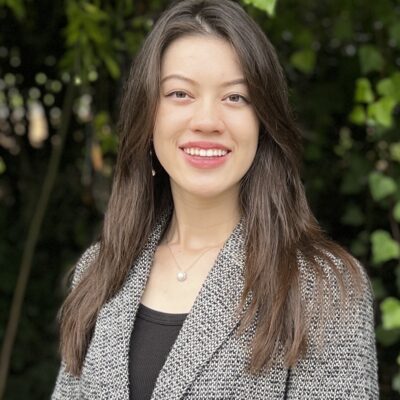Nicole Klatt Rose Hills
Nucleic acid cytometry to study rare cells for single-cell RNA-seq
Single-cell RNA sequencing has fundamentally changed our understanding of disease and the methods we utilize to classify cell types and discover new biology. However, some rare cell types can have a disproportionately large impact on overall development and progression for disease. To study these cells, traditional methods for cell classification and purification involve tagging cells with fluorescent antibodies targeting proteins on a cell’s surface. However, some cells cannot be identified based solely on their surface protein profile. In the Clark Lab, we develop new workflows for nucleic acid cytometry to purify cells based on DNA or RNA signatures prior to sequencing analysis. This summer, I will be extending an existing nucleic acid cytometry technique to improve detection of ultrarare cells and eliminate a specialized microfluidics step in the workflow. Nucleic acid cytometry can help uncover biological mechanisms underlying viral diseases like HIV, illuminate gene expression patterns from host-pathogen interactions in inflammatory bowel disease (IBD), or be applied to other challenging diseases with “hidden” cell populations indistinguishable by surface markers.
Message To Sponsor
Thank you for providing me the platform to continue pursuing my research experience and develop a novel technology that will be more accessible to other labs. I am looking forward to learning, experimenting, and contributing my knowledge to academia and development of new technologies. I greatly appreciate the financial support provided with this research fund!